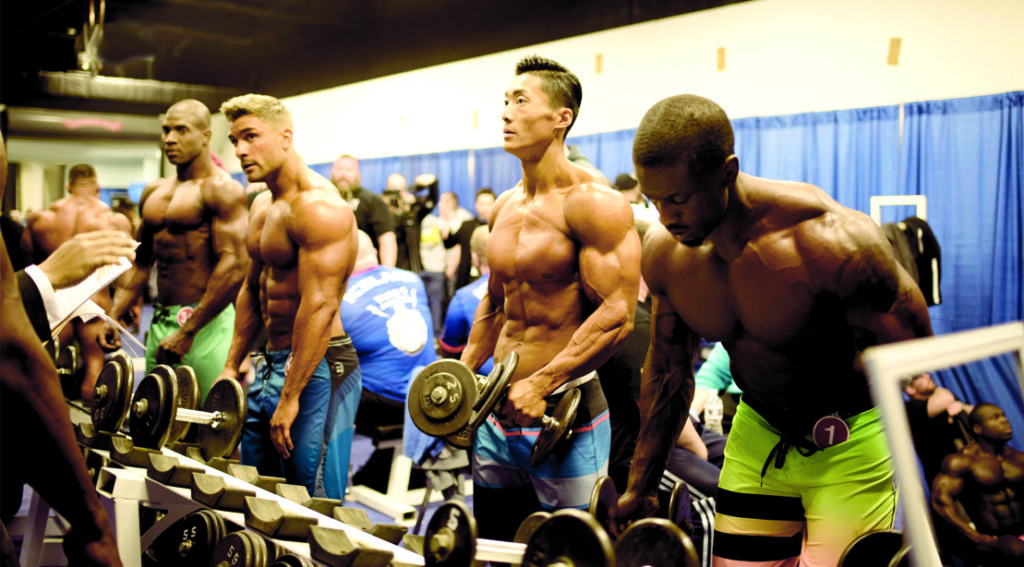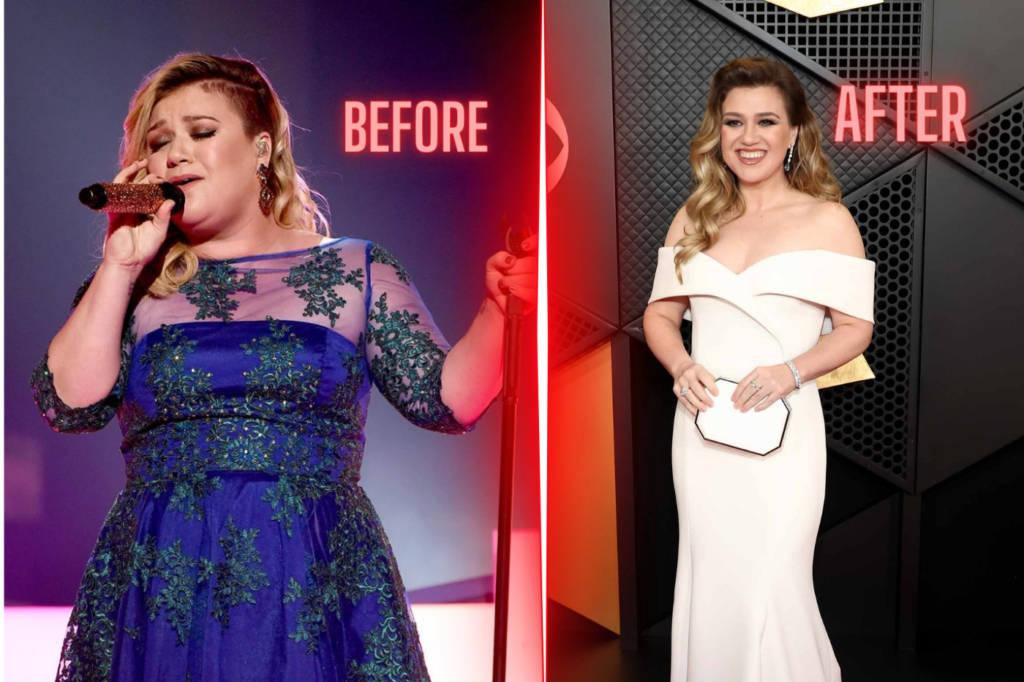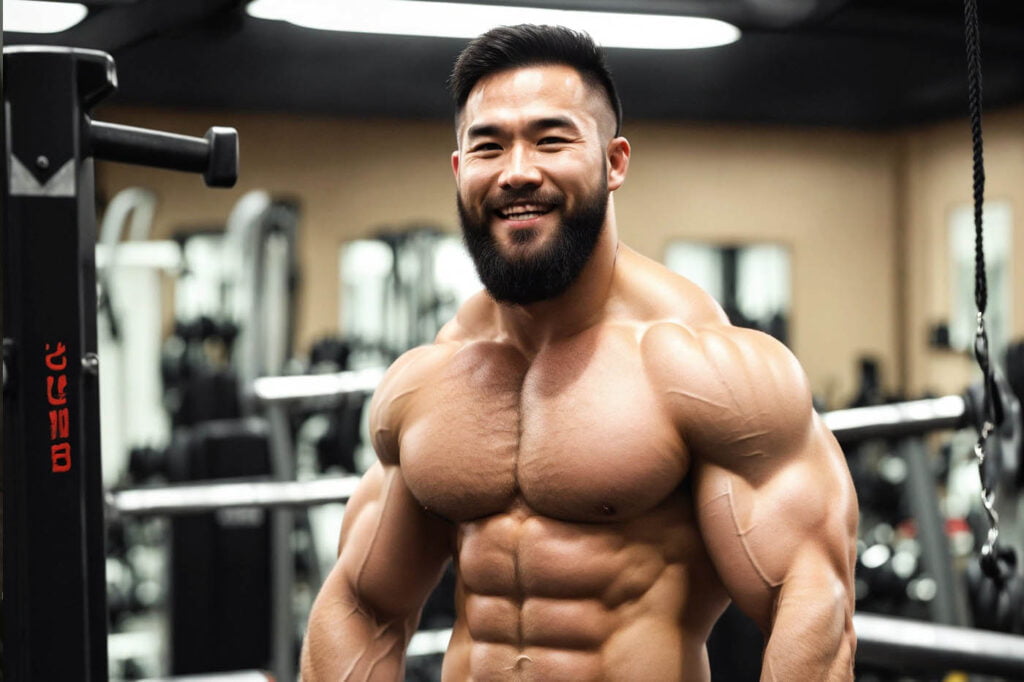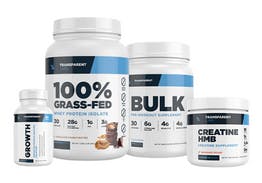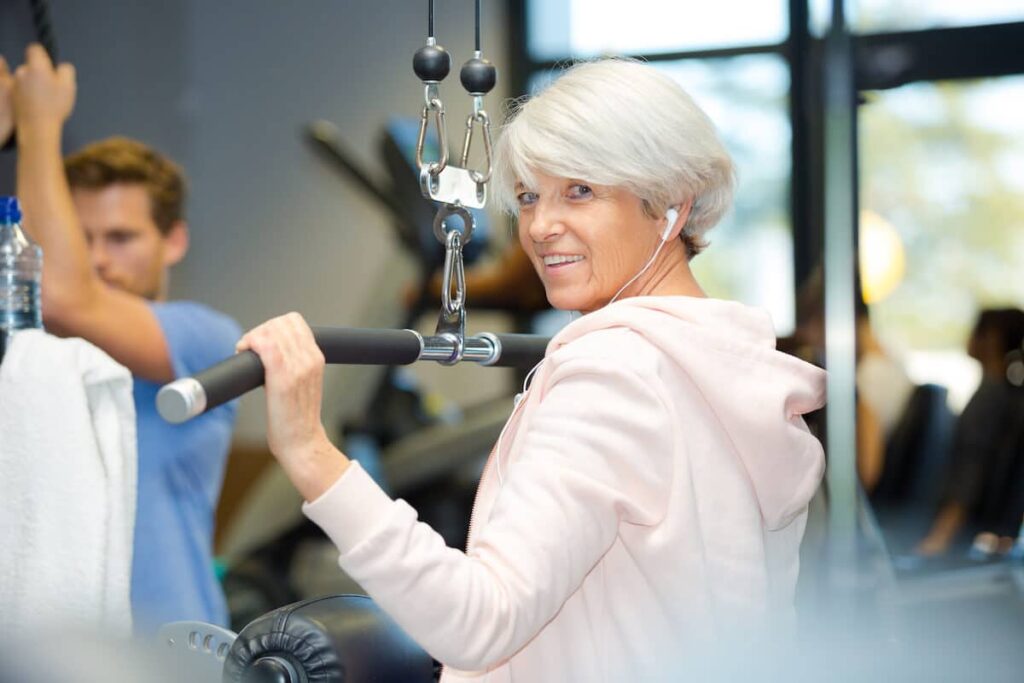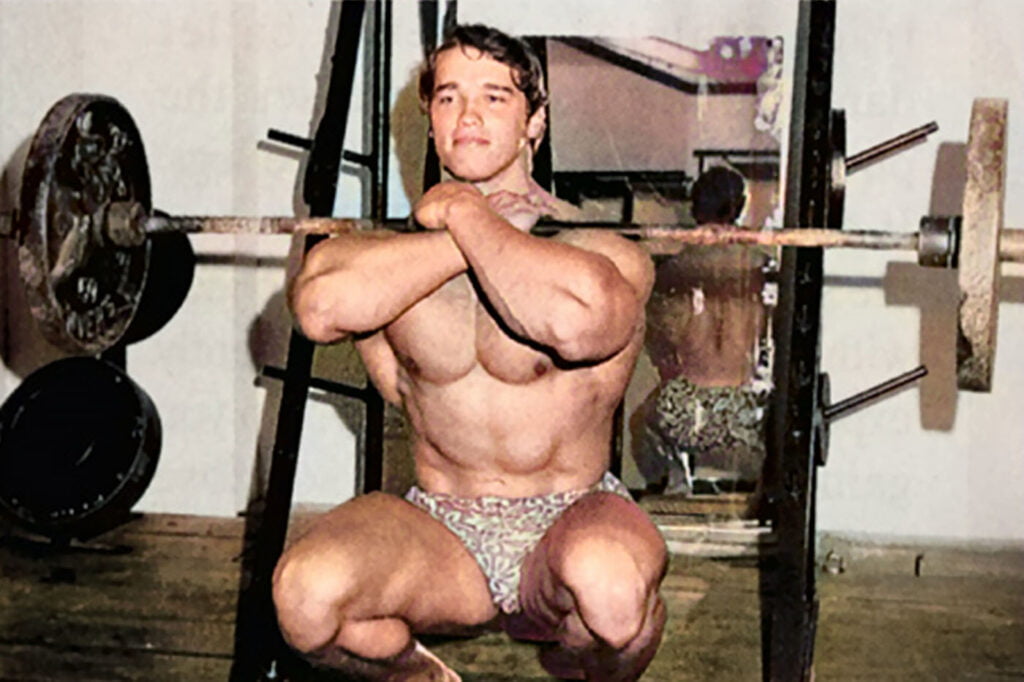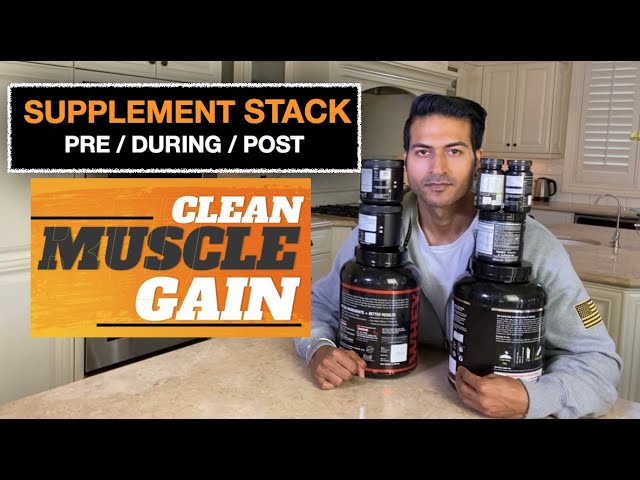To train for a bodybuilding show, follow a structured workout plan and a precise nutrition regimen. Consistency and discipline are crucial.
Preparing for a bodybuilding show requires dedication, focus, and a strategic approach. The process involves not only intense weight training but also a meticulous diet plan to reduce body fat while maintaining muscle mass. Start by setting clear goals and creating a detailed schedule that includes both workouts and meal planning.
Regularly track your progress and make adjustments as needed to ensure peak performance on stage. Proper rest and recovery are essential to avoid injury and optimize muscle growth. Seeking guidance from experienced coaches or mentors can provide valuable insights and keep you motivated throughout your journey.
Choosing The Right Competition
Selecting an appropriate competition is vital for effective bodybuilding show preparation. Assess personal goals and experience level to choose the best contest.
Researching Events
Find events in your area. Look for competitions that fit your level. Check the rules for each event. Some events may have specific requirements. Talk to people who have competed before. They can give you advice. Read reviews of past events. This helps you know what to expect. Make a list of possible events.
Setting Goals
Set clear and achievable goals. Decide what you want to accomplish. Goals keep you focused. Break big goals into smaller steps. This makes them easier to reach. Track your progress over time. Adjust your goals as needed. Stay positive and motivated. Celebrate each small win.
Creating A Training Plan
Tailoring workouts is crucial for success. Focus on compound exercises like squats and deadlifts. These exercises build muscle mass quickly. Include isolation exercises for specific muscle groups. Vary the intensity and volume of workouts. This helps avoid plateaus. Track your progress and adjust the plan as needed. Rest days are important for muscle recovery.
Balancing cardio is essential for a bodybuilding show. Too much cardio can hinder muscle growth. High-Intensity Interval Training (HIIT) is effective. It burns fat without sacrificing muscle. Schedule cardio sessions on non-weight training days. Keep sessions short but intense. Monitor your heart rate for optimal results. Aim for a balanced physique with both muscle and endurance.
Nutrition Strategies
Crafting effective nutrition strategies is crucial for bodybuilding show preparation. Focus on balanced meals rich in protein, healthy fats, and complex carbs. Tailor your diet to support muscle growth and recovery.
Macronutrient Breakdown
Bodybuilders need specific macronutrient ratios. Proteins help build and repair muscles. Carbohydrates provide energy for workouts. Fats are necessary for hormone production. A balanced diet includes 30% proteins, 50% carbohydrates, and 20% fats. Adjust ratios based on progress and goals. Tracking food intake helps maintain proper balance.
Meal Timing
Eating at the right times boosts performance. Consume protein and carbs after workouts to aid recovery. Smaller, frequent meals help maintain energy levels. Breakfast should be rich in proteins and carbs. Avoid heavy meals before bedtime. Space meals 3-4 hours apart for best results. Planning meals in advance ensures consistency.
Supplementation
Protein powder helps build muscle. Use it after workouts. Creatine boosts strength and power. Take it daily. BCAAs reduce muscle soreness. Drink them during your workout. Multivitamins ensure you get all essential nutrients. Take one each morning. Fish oil supports joint health. Use it with meals.
Protein powder: 20-30 grams post-workout. Creatine: 5 grams daily. BCAAs: 5-10 grams during exercise. Multivitamins: 1 tablet in the morning. Fish oil: 1-2 grams with meals.
Posing Practice
Posing is a key part of bodybuilding shows. Learn the basic poses first. Practice the front double bicep pose. Move on to the side chest pose next. Study videos of professional bodybuilders. Mimic their movements and posture. Take photos of yourself while posing. Compare them with pros for improvement.
Create a posing routine that flows well. Start with your best poses. Transition smoothly between each pose. Time your routine to match the show rules. Practice in front of a mirror daily. Record your routine to watch later. Make adjustments based on your recordings.

Credit: www.topfitness.com
Peak Week Preparation
Reduce carbohydrates gradually. Increase protein intake to preserve muscle mass. Monitor sodium levels to avoid bloating. Small, frequent meals help maintain energy levels. Avoid processed foods and stick to whole foods. Include fiber-rich vegetables for better digestion.
Start with high water intake early in the week. Gradually decrease water to reduce water retention. Electrolyte balance is crucial; consider electrolyte supplements. Avoid diuretics unless advised by a coach. Sip water throughout the day to stay hydrated. Monitor your body’s reaction and adjust accordingly.
Managing Stress And Recovery
Rest days are crucial for muscle growth. Your muscles need time to repair and grow. Without rest, the body can’t recover properly. Overworking can lead to injuries and fatigue. Plan at least one or two rest days per week. During rest days, focus on light activities like walking or stretching. This helps in keeping the body active without straining muscles.
Mental health is just as important as physical health. Stress can impact your training and recovery. Practice mindfulness and meditation to reduce stress. Make sure to get enough sleep every night. A well-rested mind can improve your focus and performance. Talking to a friend or a coach can also help in managing stress.
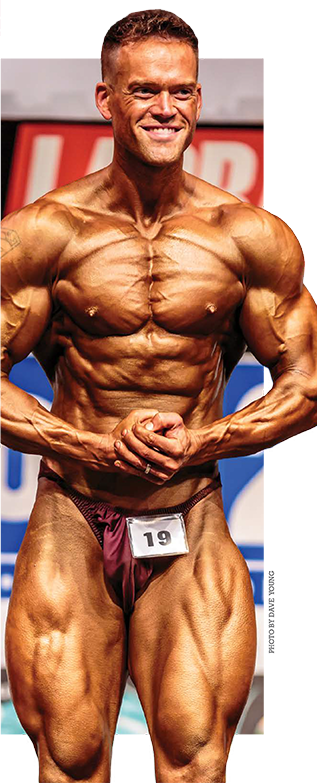
Credit: beverlyinternational.com
Show Day Tips
Bring your posing suit, extra towels, and resistance bands. Pack snacks like rice cakes, peanut butter, and bananas. Don’t forget your water bottle and electrolytes. Keep a backup outfit ready for emergencies. Include safety pins, scissors, and tape in your bag. Bring a mirror for last-minute checks. Carry your music playlist for motivation. Pack extra shoes for comfort. Have all paperwork and ID with you.
Start with a light breakfast to fuel your body. Do light stretching to stay loose. Practice your posing routine one last time. Listen to calming music to stay relaxed. Use breathing exercises to manage stress. Apply your tanning products evenly. Check your hair and makeup before leaving. Visualize your success on stage. Make sure to arrive early to the venue. Stay hydrated throughout the day.

Credit: www.muscleandfitness.com
Frequently Asked Questions
How Long Does It Take To Train For A Bodybuilding Show?
Training for a bodybuilding show typically takes 12 to 16 weeks. This period includes dieting, workouts, and posing practice.
What Do Bodybuilders Do To Prepare For A Show?
Bodybuilders follow strict diets, intense workout routines, and practice posing. They also dehydrate to enhance muscle definition.
How Do You Train For A Bodybuilding Competition?
Train for a bodybuilding competition by following a structured workout plan, maintaining a balanced diet, and getting adequate rest. Focus on strength training, cardio, and proper nutrition. Track your progress and adjust as needed. Consult with a coach for personalized advice.
Stay consistent and motivated for best results.
How Do I Start A Bodybuilding Show?
To start a bodybuilding show, choose a reputable competition, register, follow their guidelines, and prepare thoroughly. Focus on diet, training, and posing practice.
Recommended Article: What causes bubble gut?
Conclusion
Mastering bodybuilding requires dedication, consistency, and proper planning. Stick to your training schedule and maintain a balanced diet. Monitor your progress regularly to make necessary adjustments. Stay motivated and focused on your goals. With hard work and perseverance, you will be ready to shine on stage.
Happy training!

